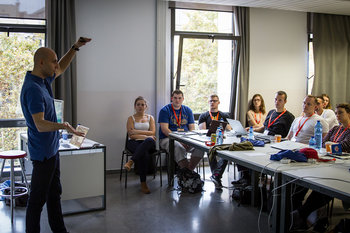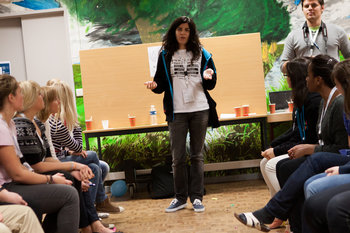
Manners & Politeness
Following the conventions of politeness and manners that have been established by a society, culture or institution.Tolerance
A fair and permissive attitude towards people with different opinions, beliefs, practices, ethnic origins, etc., than your own.Respect
Respect for people and for the things they value including property and culture.Benefit of Doubt
Avoiding the temptation to rush to judgment without sufficient evidence.Civil Dialogue
Respect for freedom of speech. This requires staying cool when people say things with which you strongly disagree to counter arguments on rational grounds.Taking the High Road
The ability to remain civil in when faced with incivility.Political Participation
Working within a society to change things you perceive as unjust. For example, voting and support for a political candidate.Diligence
Taking your accountability and responsibility to society seriously. For example, researching the issues before voting.Volunteerism
The word civility extends from the Latin civilis meaning "relating to citizens." Its earliest use related to being a good citizen. As such, civility is associated with the notion that you owe society more than it owes you.Notes
Civility is a foundational type of social capital that is a basis for the economic performance and quality of life of a nation, region or city.| Overview: Civility | ||
Type | ||
Definition | The demonstration of respect for people and society. | |
Related Concepts | ||





























